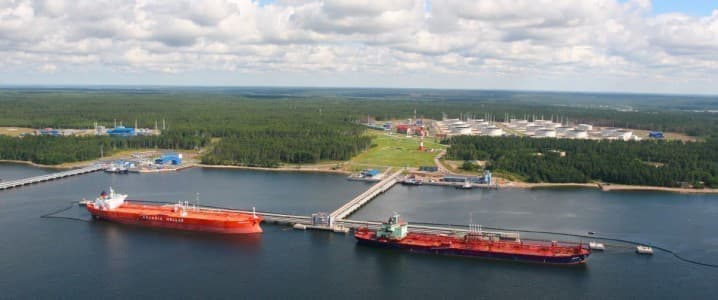Kazakhstan’s oil exports via the Caspian Pipeline Consortium (CPC) are poised for a significant decline in May, with daily shipments of CPC Blend crude from Russia’s Black Sea port of Novorossiysk expected to drop to approximately 1.5 million barrels per day (bpd), down from 1.6 million bpd in April, according to industry sources cited by Reuters.
The CPC pipeline, the main mechanism for Kazakhstan’s oil exports, has faced multiple disruptions in recent months, with geopolitics driving the dynamics and uncertainty.
Effective April 1, CPC blend oil exports were capped at 1 million bpd, depriving the market of some 700,000 bpd, after Russian authorities ordered the closure of two out of three moorings at the Novorossiysk terminal following inspections related to a December oil spill, Oilprice.com reported. Although a Russian court later lifted these restrictions, allowing operations to resume at two moorings, the third remains offline, restricting capacity.
The Russian government has a 24% stake in CPC alongside minority shareholders Chevron and ExxonMobil.
Russia has attributed some of the infrastructure issues to Ukrainian drone attacks, including strikes on the Kropotkinskaya pumping station and a nearby oil depot. More specifically, the closure of the SPM-1 and SPM-2 moorings followed safety inspections by Russia’s Federal Agency for Transport Supervision, triggered by the December 2024 oil spill in the Kerch Strait.
Additionally, Kazakhstan has struggled to comply with OPEC+ production quotas, with output exceeding agreed limits, partly due to increased production from the Chevron-led Tengiz oilfield.
In response to these challenges and in an effort to diversify its energy partnerships, Kazakhstan recently signed over $5 billion in agreements with the UAE, focusing on green energy, infrastructure, and digitization, the Kazakh-based Astana Times reported on Monday.
By Charles Kennedy for Oilprice.com
More Top Reads From Oilprice.com

